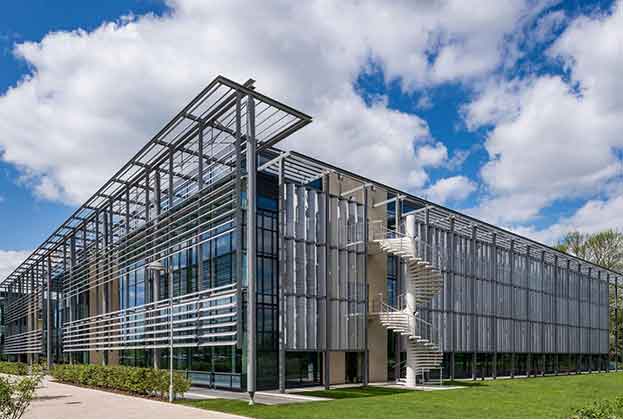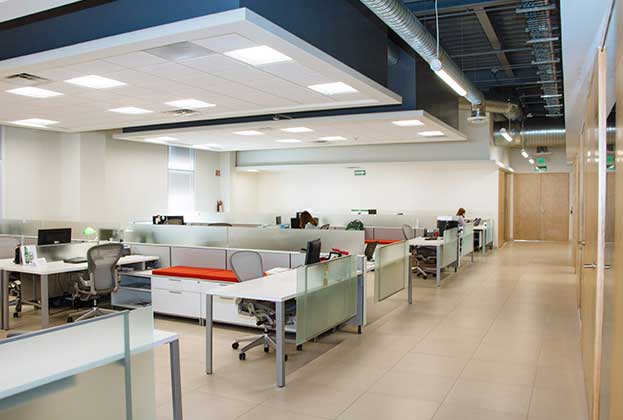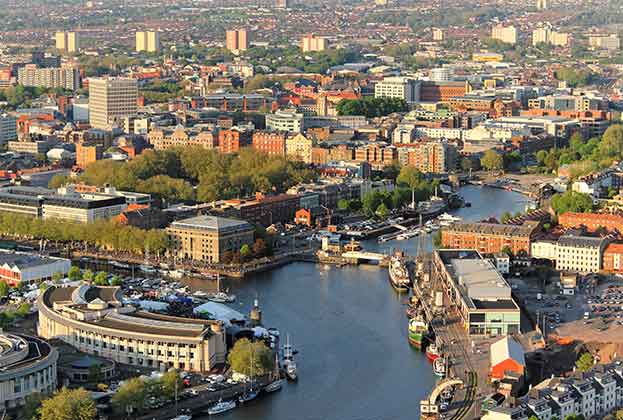The concerns of these office landlords and investors stem from the shifts towards achieving net-zero carbon status nationally by 2050 and the negative impact on the future marketability and credibility of properties that cannot deliver a low-carbon heat solution amongst other key improvements.
Key factors influencing the transition to a low-carbon heat solution outside of policy or regulations include:
- Owners’ net zero carbon commitments: Decommissioning and transitioning away from gas boilers.
- Occupiers’ net zero carbon commitments: Decarbonising their occupied properties.
By 2030, many forward thinking companies aim to meet the World Green Building Council’s Net Zero Carbon (NZC) Building Commitments, which mandate transitioning away from natural gas. This is one of several sustainability-driven issues that has given rise to the term ‘stranded assets’, which refers to properties lacking sustainable prospects, thereby decreasing their ‘letability’ and value. As a consequence, landlords now have a five-year window to devise a clear plan for alternative heating sources.
One of the ways investors and owners of offices can rapidly decarbonise heating at scale is to connect to a District Heating Network. As well as waste heat, district heating networks can be connected to a range of local low-carbon energy sources, making them flexible to access new low carbon and renewable technologies.
Bristol holds a unique position in the UK in that it has an existing operational District Heat Networkcovering a substantial portion of the city centre business district. In light of the Energy Act 2023, it is crucial for property owners to evaluate the feasibility of connecting to heat networks, alongside other options such as air source or ground source heat pumps.
Regulatory developments are currently taking place in the form of secondary legislation to the Energy Act 2023, set to take effect between 2025 and 2026, which include enabling provisions for heat networks. Although the regulatory landscape is evolving, the implementation of these provisions will significantly impact stakeholders, from providers to property owners and occupiers.
Bristol is likely to be in the vanguard of the zone designation process. Building owners must therefore carefully consider the options for replacing gas boilers together, accounting for associated costs, the condition of the existing plant and machinery, proximity to current or planned heat networks, occupier requirements, current EPC rating, and operational running costs.
For multi-let properties with service charges, property owners are evaluating the possibility of cost recovery via service charges, which would typically require one of three tests to be met:
- Disrepair, age and obsolescence
- Cost-benefit analysis, demonstrating savings
- Compliance with Government legislation
Currently, unless the existing gas boiler is in significant disrepair, cost recovery from tenants is unlikely, as a cost-benefit analysis may not show significant savings. However, if secondary legislation on heat network nones is enacted, it may legitimise cost recovery via service charges if owners are legally mandated to connect.
In conclusion, the path to sustainable multi-let office buildings in Bristol is clear: proactive planning and strategic investment in alternative heating solutions are essential. With regulatory changes on the horizon and the city's existing District Heat Network, Bristol is poised to lead in this transition. Property owners must act now to ensure their buildings remain viable, lettable, and aligned with net zero carbon commitments, securing their assets' future in an evolving market.



.jpg)






